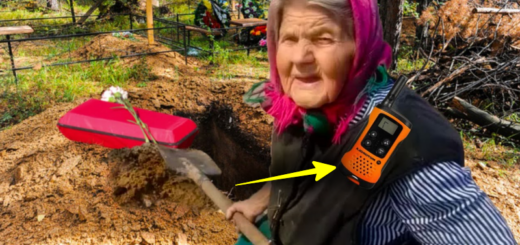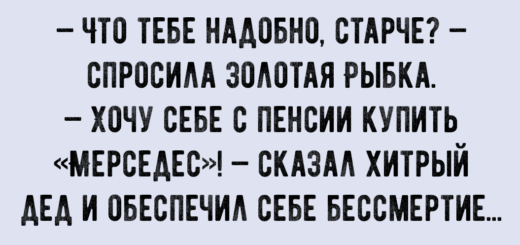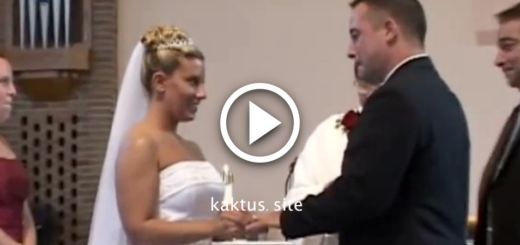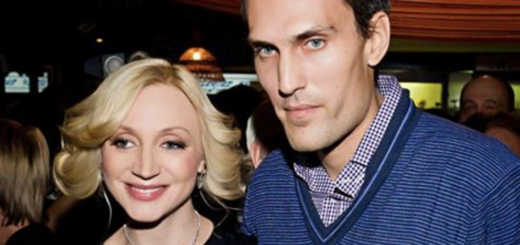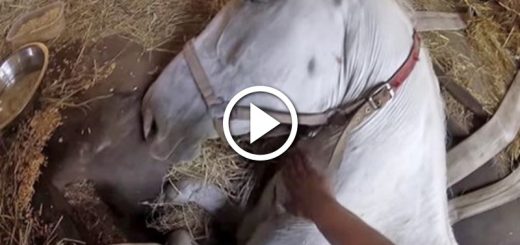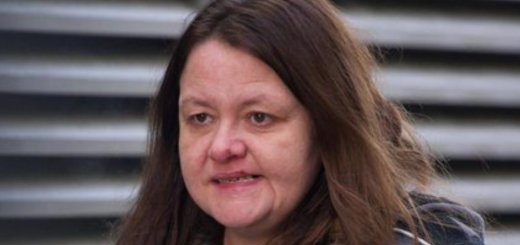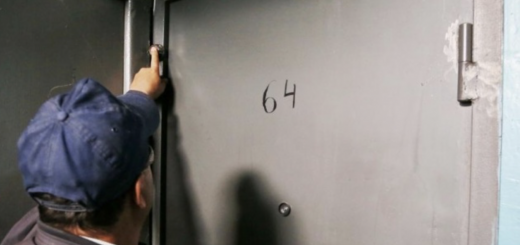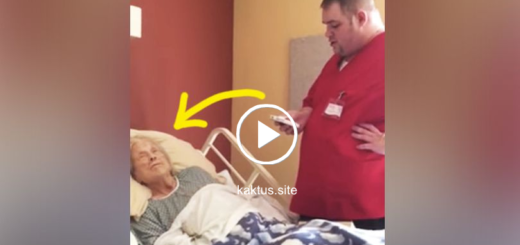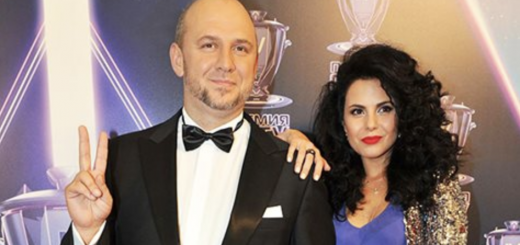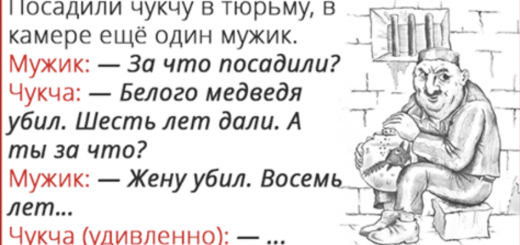A dead silence followed, broken only by a muffled cough from one of the residents.
- Interesting, drawled Dr. Fedorov, a therapist in his fifties who always sported horn-rimmed glasses. — That actually aligns with some of the research data. But how did you know we had those specific results from his labs?
- I told you, I saw the printout. I also spoke with the patient’s family. I think his mother had similar issues years ago; she was diagnosed with some kind of autoimmune disease. He doesn’t talk about it, thinks it’s a ‘woman’s disease.’ But it’s important.
- A woman’s disease? Dr. Silver smirked.
- Well, it’s true that autoimmune hepatitis is more common in women. But men can certainly be diagnosed with it too. He seemed to be actually considering it now.
- But why are you bringing all this up now?
- Because I’m tired of watching you pump a man full of the wrong medicine while you can’t decide on a proper course of treatment! His condition is getting worse by the hour. I know you might eventually arrive at the correct diagnosis, but it could be too late. If you had just listened to me earlier…
- So you’re trying to say that we, in your opinion, are incompetent doctors who can’t tell the difference between autoimmune hepatitis and cirrhosis? a sarcastic voice cut in from the corner. It was a gastroenterologist, a consultant from another hospital, who had been silent until now.
- I’m not saying anything of the sort, Zoe shot back. — But I saw the way your eyes skimmed over the patient. I saw you sigh with exhaustion and nod to your colleagues as if to say, ‘He’s a lost cause.’ Yes, and you were all waiting for this conference, maybe to call me in as some unofficial witness or a court jester. After all, who else is going to clean your instruments and haul away the dirty laundry while you brilliant minds discuss high science? You wanted me to bring in a tray of coffee and pastries, right? A bitter note crept into her voice.
- But now, I think you’re finally ready to listen to me seriously.
For a moment, no one dared to object. The doctors were baffled, alarmed, and a little wounded. A tech had just pointed out a factor they had completely missed. And that factor, by all accounts, sounded terrifyingly plausible.
- Alright, Dr. Wallace said finally. — Zoe, have a seat. Let’s discuss this. We genuinely want to understand the situation, and if you are right about any of this, I am prepared to admit it. But there’s no need to paint us as monsters who are out to humiliate you. Perhaps some of my colleagues have been sharp or dismissive, and I will ask them to refrain from such comments. He shot a stern look at Dr. Silver.
- Now, let’s go over your assessment of the patient’s situation.
And so it began. A bright, explosive beginning, where a tech, long accustomed to living in the shadows, suddenly burst into the light. But no one yet knew how far this story would take them, or what a tangled web of events would unravel in the coming days. Because life isn’t confined to hospital walls, and the story of the dying hedge fund manager was about to become deeply interwoven with the personal destinies of everyone in that room.
Zoe never wanted to be a patient care tech. She was born in a quiet suburb in Connecticut to a family of academics—her mother taught English literature at the local high school, and her father was a physicist at a research institute. From childhood, she was a bright and curious girl who dreamed of becoming a doctor, of saving people from disease. She excelled in school, aced her SATs, and got into the pre-med program at NYU.
Her future seemed set—talent, a fierce drive, supportive parents, and good grades. What could possibly go wrong? But then, a series of tragedies struck. First, her mother was diagnosed with a severe, debilitating illness. Not long after, her father, unable to cope with the strain, died suddenly from a massive heart attack.
Zoe had to drop out of college to care for her mother and work. There was no money to continue her education, and she moved back to her small hometown. That’s when she was offered a job as a tech at the community hospital. She took it just to be close to her mother and earn a steady paycheck. Her mom passed away when Zoe was twenty-two. It shattered her heart, but life went on.
She never managed to go back to NYU. Money was tight, she had no close relatives left, and she had to work long, grueling hours just to make ends meet. But the dream of medicine never died. Every day, while cleaning rooms, changing IV bags, and assisting nurses, she watched the doctors. She listened as they discussed diagnoses, absorbing every conversation in the break room like a sponge. No medical journal or textbook in the hospital library was left unread. Despite her lack of an official title, she managed to grasp the essence of diseases, often noticing details that escaped the busy, overworked specialists.
And so, she was ready when something complex and rare finally came her way. That day arrived when a well-known hedge fund manager, Geoffrey Thorne—listed in the charts as G.G. Thorne—was admitted to Mount Zion. He had a severe liver pathology. The immediate consensus was predictable: a Wall Street guy, stress, money, a life of excess—probably alcohol.
But Zoe saw something different. It’s hard to say why she started observing him so closely. Maybe it was the way he carried himself, with a mixture of suffering and pride, when he thought no one was watching. Or maybe it was the fact that the doctors weren’t paying enough attention to a series of odd lab results, dismissing them as typical for progressive cirrhosis. She saw that there was more to his story. Most importantly, Zoe felt a sense of injustice.
A patient, even a wealthy, notoriously ruthless one, deserved the same level of attention as anyone else. But the doctors, tired from their routine and overwhelmed by the sheer volume of patients, were inclined to cut corners and go with the obvious diagnosis, even if there was a chance of a rare pathology. It happened all the time in the hospital—staff shortages, limited resources, and a patient was just one of many. But she understood that in medicine, there is no «one of many.» Everyone has their own unique story, their own pain, their own hope.
As Zoe watched Mr. Thorne, she began to piece together a mosaic of symptoms—the unnatural yellow tint of his skin, the slight but persistent skin rashes that would appear and then vanish, the unusual lab results. She also overheard snippets of conversation from his family, mentions of his mother having some strange illness in her youth, something treated with steroids. It all pointed Zoe toward an autoimmune cause.
However, when she casually mentioned it to Dr. Silver, he had laughed in her face. “Zoe, do you even hear yourself? Autoimmune hepatitis in a man his age? Come on. Go restock the supply closet and stay out of our way.” She swallowed the insult and walked away, but she refused to give up. A few days later, Mr. Thorne’s condition worsened dramatically. The doctors called a consult, his situation now critical. They had planned to call Zoe in on the pretense of «bringing coffee,» perhaps to publicly put her in her place. But they underestimated her resolve.
That was when she stormed into the lounge, her eyes blazing with determination. She said what she had been wanting to say for a long time—bluntly, on the edge of insubordination, but with honesty and pain in her heart. Zoe wasn’t looking for glory; she just couldn’t stand by and watch someone die because the doctors had overlooked one crucial fact.
After the explosive beginning in the doctors’ lounge, a stunned silence gave way to a genuine debate. Dr. Wallace and the other specialists began to discuss the probability of the autoimmune hepatitis hypothesis. Some agreed that certain lab results didn’t fit the standard pattern. The cardiologist added that he had systemic symptoms that might also be relevant. The visiting gastroenterologist began to recall rare cases he had encountered in his research.
Dr. Silver, swallowing his pride, stopped scoffing and admitted that while Zoe might have just overheard something or dreamed it up, her idea wasn’t entirely without merit. Zoe herself was invited to stay for the rest of the conference. It felt strange to be sitting at the same table with a group of doctors. She felt a mix of pride that they were finally listening and embarrassment over her lack of an official title. But Dr. Wallace proved to be surprisingly open-minded.
He was genuinely curious about how deep her medical knowledge went. He asked clarifying questions, and she answered, citing the names of specific antibodies, explaining why their levels needed to be checked, and mentioning the steroid therapy typically used to treat autoimmune hepatitis. She hadn’t just thrown out a wild guess; she actually knew the science.
After their discussion, they decided to run a new battery of tests on the banker immediately. They needed to assess his full spectrum of autoantibodies and perhaps even perform a liver biopsy. Dr. Wallace noted that time was running out; the patient was on the brink, and any delay could be fatal.
- We act now, Dr. Wallace declared. — One thing is clear: we have to rule out or confirm an autoimmune cause. If this is truly that rare case and we continue with standard cirrhosis treatment, we could miss our window, and then it will be too late. He turned to her.
- Zoe, stay on the floor for now. If we confirm your diagnosis, you might just be the person whose knowledge saved this patient’s life. Dr. Silver shot her a resentful glare but said nothing. He had to admit that even if he didn’t fully believe her theory, he couldn’t risk the patient’s life. Everyone felt uneasy, as if they had just learned an important lesson. Never judge a person by their job title, and sometimes, it pays to listen to someone who isn’t burdened by routine and can see a problem with fresh eyes.
Several hours passed. Zoe didn’t leave Mr. Thorne’s side. The doctors conducted the urgent tests, drew more blood, and arranged for the results to be expedited. Mr. Thorne endured several painful procedures, moaning but bearing it. The banker’s wife, a bundle of nerves, sat in the hallway, clutching a file of documents and periodically peeking into the room.
Zoe learned that the wife’s name was Anna, a well-groomed woman in her late thirties, clearly accustomed to a life of luxury. Fear and anxiety were written all over her face.
- What if my husband dies? Anna’s gaze was wary, as if she was afraid one of the staff might overhear their family secrets. She barely spoke, but she kept trying to ask questions.
- What’s wrong with him? Will he make it? Why isn’t he getting better? At one point, Anna noticed Zoe constantly near her husband, helping to change his IV drip, adjusting his pillows, and speaking to him in a warm, compassionate voice. The woman asked, surprised, — I’m sorry, you’re a tech? Why are you so… so confident about what he needs? Zoe felt a blush creep up her neck but composed herself and answered calmly, — I just want to help him. And yes, I work as a tech, but I understand a little about medicine. I try to be useful.
- I see that you’re very dedicated. Tell me… Anna’s voice broke, and she was on the verge of tears. — Will he survive? They told us his chances are slim.
- I can’t make you any promises, Zoe answered honestly. — But we’re doing everything we can to make that happen. Right now, we’re trying to figure out exactly what’s wrong with him. The doctors are considering a new diagnosis, one that might be treatable. I just ask that you hold on to hope.
Anna seemed to calm down a little. She looked Zoe over once more. The young woman wore standard-issue blue scrubs, her hair pulled back in a ponytail, her face etched with the fatigue of a long shift, but her eyes were full of warmth. Anna suddenly thought that this simple tech was showing more compassion than some of the arrogant doctors who paraded around her husband, nodding at charts and writing prescriptions.
- Thank you, she whispered and quietly moved to the window to stay out of the way.
Soon, a rumor swept through the department: a tech, the one who had stunned everyone, might be the one to save the banker. Whispers, jokes, and retellings echoed through the hallways. Some of the nurses were thrilled for Zoe. “Good for her,” they said, “she’s not afraid to speak her mind.” Others were envious. “What, is she the smartest one here now? We see plenty of things too, we just keep our mouths shut.” And there were those who scoffed, “What a joke, a tech making a diagnosis. Ha!” But among the doctors, a consensus was forming: Zoe deserved to be heard.
That night, Mr. Thorne took a sharp turn for the worse. His temperature spiked, he began to have seizures, and a flurry of emergency procedures followed. Zoe didn’t sleep a wink, staying by his side. While the doctors rushed in and out, she held the patient’s hand, trying to soothe him. In his delirium, he mumbled incoherently, sometimes repeating the name «Maria,» sometimes asking for his mother, sometimes muttering about money, loans, and business deals. From this stream of consciousness, Zoe gathered that he had complicated relationships. There was a Maria, whom he loved or had loved, and he was terrified of dying because he had unfinished business.











